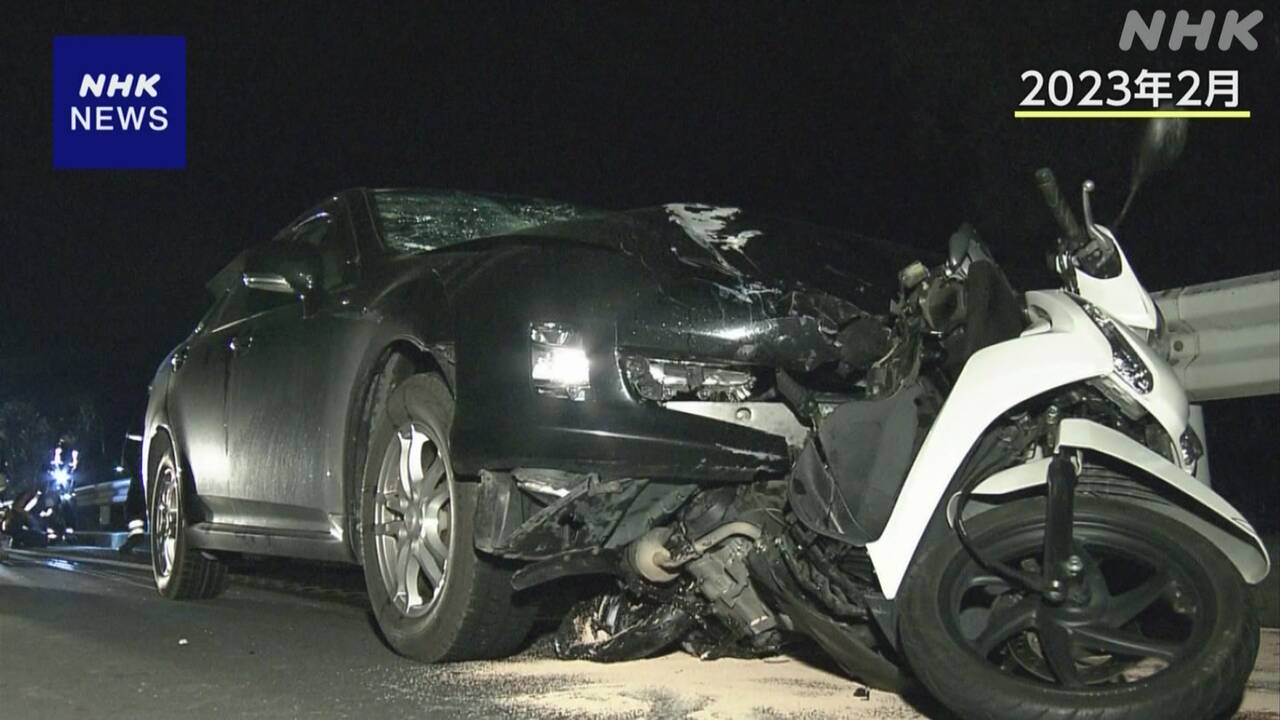The family of a man who died last year in Utsunomiya after being hit by a car traveling at over 160km/h held a press conference in Tokyo on the 7th.
They have submitted a request to the top prosecutor, the prosecutor general, requesting that the driver who caused the accident at high speed be charged with dangerous driving causing death, which carries a heavy penalty.
The press conference was held on the 7th by the Association for Victims of High-Speed Driving and Dangerous Driving, which is made up of bereaved family members who have lost family members involved in accidents caused by high-speed driving. A request was sent to the Attorney General.
In this accident, Kazumasa Sasaki (age 63 at the time), who was riding a motorcycle, was killed when he was rear-ended by a car traveling at over 160km/h, well above the legal speed limit.
The driver of the car was charged with negligent driving causing death, but the victim's association is asking the prosecutors to change the charges, arguing that he should be charged with dangerous driving causing death, which carries a heavier punishment.
The crime of dangerous driving includes ``driving at high speeds that are difficult to control,'' but according to Taeko, wife of the deceased Sasaki and co-representative of the association, the prosecutor's office said, ``Driving straight until the rear-end collision.'' However, he was able to control his driving, so it did not constitute dangerous driving.''
At the press conference, Taeko complained, ``I don't think there is a difference between my feeling and the citizen's feeling that speeding at 160 km/h is dangerous, but why can't the prosecutors understand this?''
In addition, Fumie Naga, a co-representative of the association and whose younger brother was killed in a 194 km/h car accident in Oita City, said, ``First of all, I want him to go to court for the crime of dangerous driving, and then let the court decide.'' ” he said.
Regarding the crime of dangerous driving, the Ministry of Justice has set up a study group with the participation of lawyers, victims' families, and others to discuss whether the law needs to be revised.

